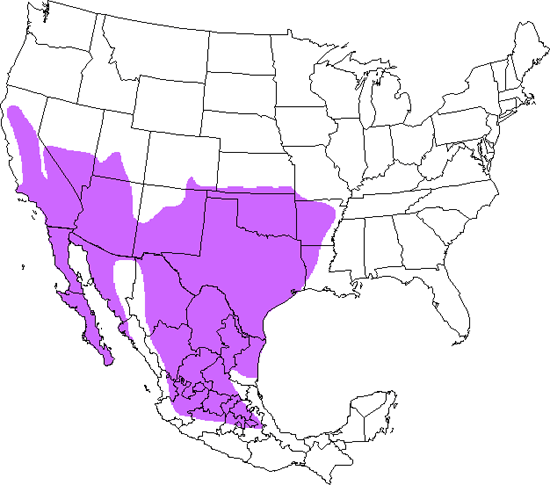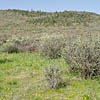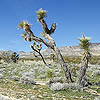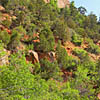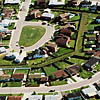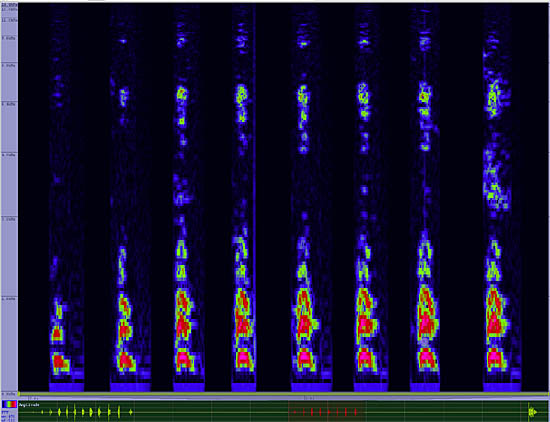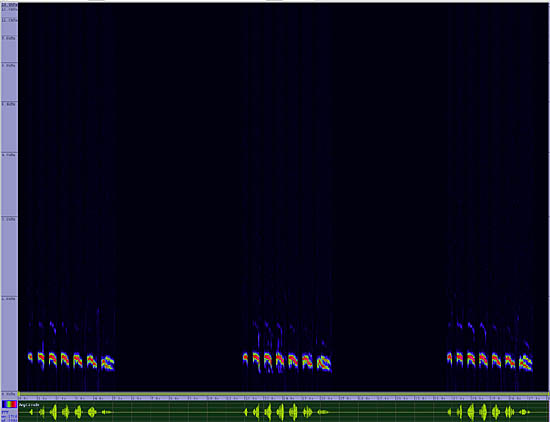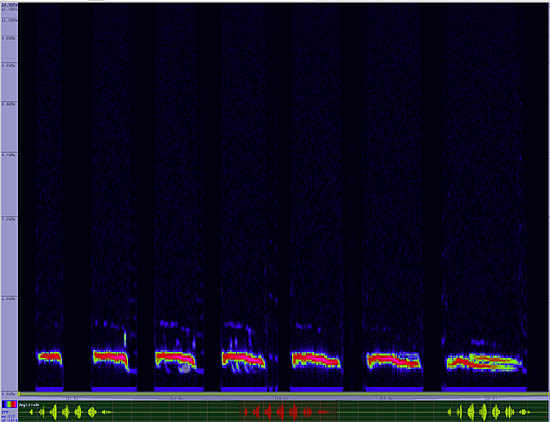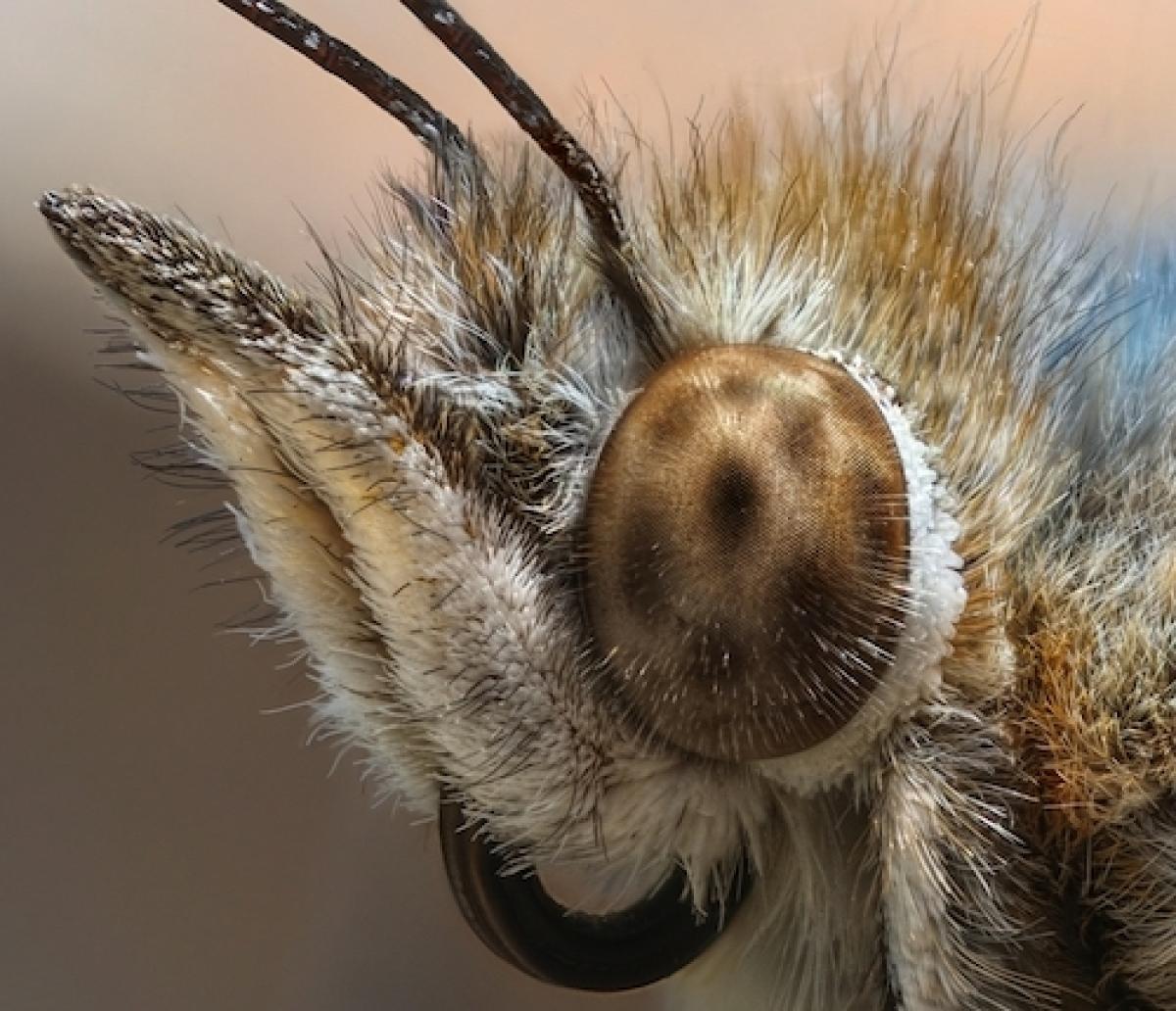Greater Roadrunner
Geococcyx californianus

Upland Ground
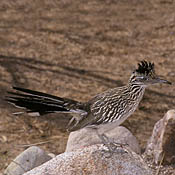
Length: 23 in. (58 cm )
This famous cartoon character is even more intriguing in life. It lives on the desert floor, agricultural fields and open pine forests. Occasionally it will sit in the top of a bush to sing its courtship song. On cold desert mornings, the Roadrunner warms itself up by raising its back feathers, exposing the black skin under them, and absorbing the sun\'s energy efficiently. Its foot print in the dust is distinctive with two toes forward and two back to form an \X.\ This cuckoo relative eats insects, lizards, baby quail, mice, snakes and occasionally fruits. Its stick nest is located low in a dense bush or clusters of cacti.
The four-digit banding code is GRRO.
Bibliographic details:
- Article: Greater Roadrunner
- Author(s): Dr. Biology
- Publisher: Arizona State University School of Life Sciences Ask A Biologist
- Site name: ASU - Ask A Biologist
- Date published: 13 Jul, 2017
- Date accessed: 22 August, 2025
- Link: https://askabiologist.asu.edu/activities/bird/greater-roadrunner
APA Style
Dr. Biology. (Thu, 07/13/2017 - 15:37). Greater Roadrunner. ASU - Ask A Biologist. Retrieved from https://askabiologist.asu.edu/activities/bird/greater-roadrunner
Chicago Manual of Style
Dr. Biology. "Greater Roadrunner". ASU - Ask A Biologist. 13 Jul 2017. https://askabiologist.asu.edu/activities/bird/greater-roadrunner
MLA 2017 Style
Dr. Biology. "Greater Roadrunner". ASU - Ask A Biologist. 13 Jul 2017. ASU - Ask A Biologist, Web. https://askabiologist.asu.edu/activities/bird/greater-roadrunner
Be Part of
Ask A Biologist
By volunteering, or simply sending us feedback on the site. Scientists, teachers, writers, illustrators, and translators are all important to the program. If you are interested in helping with the website we have a Volunteers page to get the process started.



